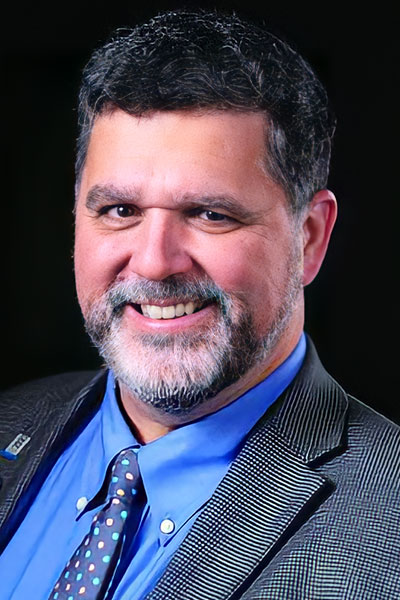
Social media has evolved into a powerful force throughout today’s world. The online networks and apps once defined by frivolity now directly influence outcomes not only in statehouses and board rooms but also health care clinics and hospitals.
“Social media is ubiquitous today, and it has dramatically changed how we practice medicine, how we learn, and how we disseminate information,” said Christopher Carroll, MD, FCCP, medical director of surgical critical care at Connecticut Children’s Medical Center and professor of pediatrics at the University of Connecticut School of Medicine.
Dr. Carroll will chair the CHEST 2022 discussion session How Social Media Is Changing Chest Medicine, on Monday, October 17, from 9:15 AM – 10:15 AM CT in Room 208A. A panel of experts will explore recent trends, how the COVID-19 pandemic accelerated many changes that were already underway, and how health care providers can positively channel these forces in their field.
The pandemic offered striking examples of how social media can shape medical practice, which will be the focus of a presentation by Neha Dangayach, MD, FCCP, co-director of Mount Sinai Hospital’s neurosciences intensive care unit and assistant professor of neurology and neurosurgery at the Icahn School of Medicine. In the early days of the pandemic, physicians from different disciplines went online to share their observations in an effort to fill gaps in their understanding about the new virus.
“As the pandemic unfurled, a lot of our assumptions were challenged on social media,” Dr. Carroll said, “and that had direct effects on the type of studies that were done to look at these practices and the treatments that patients received.”
In medical education, learners increasingly turn to social media platforms and other online sources to supplement traditional informational materials. This trend will be explored by Casey Cable, MD, MSc, assistant professor and associate director of resource intensivists in the division of pulmonary disease and critical care at VCU Health. Dr. Carroll will follow with a look at changes in the publishing and circulation of scientific works and research as a result of the social media ecosystem.
“We have to be a lot more discriminatory in terms of what we accept at face value,” he said. “Some of this information is not vetted in the way that we’re used to vetting information.”
This combination of wider reach, platforms that congregate similar voices together, and open access to information that may not have been peer-reviewed can foster the spread of medical misinformation. How social media can combat that problem, which was also accelerated by the pandemic, will be explored at the end of the session by Ashley Egan, MD, pulmonary and critical care specialist at the Mayo Clinic in Rochester, MN.
All physicians, not just the most active social media users, will benefit from attending the expert panel, Dr. Carroll said.
“This session will be eye-opening. Providers may not realize how much trial design is affected by Twitter threads, or how much their learners are using online blogs to understand how to treat different diseases,” Dr. Carroll said. “Hopefully, it will generate a lot of discussion about how we can shape this process going forward.”
Join us at CHEST 2025
Save the date for the next Annual Meeting, October 19 to 22, 2025, in Chicago. CHEST 2025 will explore the latest advancements in pulmonary, critical care, and sleep medicine, with a focus on innovation and the future, just as the city itself embodies progress and reinvention.





